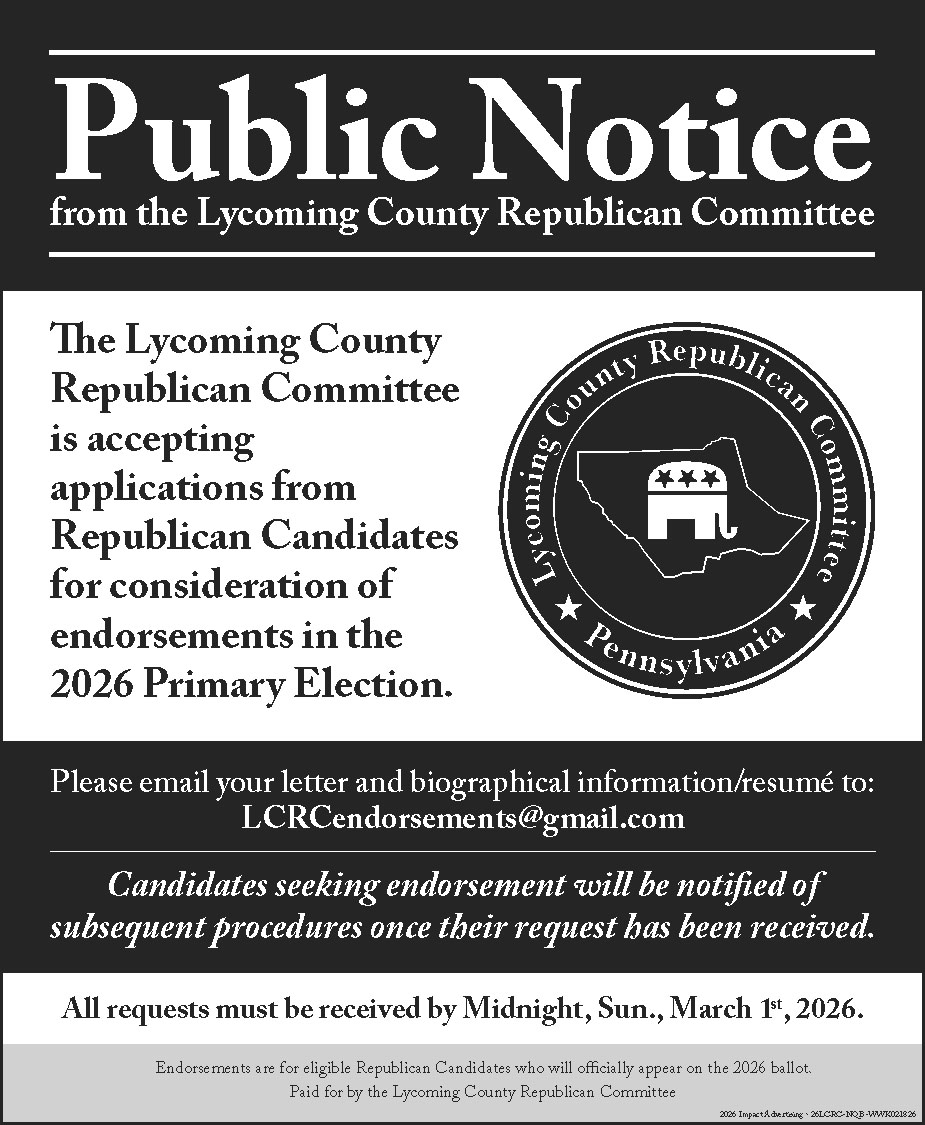This year continues to be a bad year for baseball players I admired in my youth. The latest sadness comes with the news last week of the death of feared baseball slugger Dick Allen, who had an outstanding 11-year major league career and who once played here in Williamsport for the Grays in 1962. His death is the latest in the line of great major leaguers who have died this year, including Tom Seaver, Lou Brock, Joe Morgan, Al Kaline, Bob Gibson, and Whitey Ford.
What makes Allen’s death even more tragic is the fact that Dick had a very good chance at being voted into the hallowed halls of the National Baseball Hall of Fame next December when the Veterans Committee meets to vote on players from baseball’s “Golden Era.”
What’s worse is that Dick should have been voted into the Hall of Fame long ago and been alive to enjoy the satisfaction and adulation that was due him.
There is a strong case for Dick Allen’s enshrinement in the National Baseball Hall of Fame. I will go into more detail about that later.
Dick was one of my favorite baseball players as I was growing up. I was awed by his prodigious batting power, with his mighty tape measure home runs and his stylishness as a player. I was lucky enough to meet and talk with Dick at the Crosscutters’ first Hot Stove League Banquet in 2007. He was there with legendary Phillies broadcaster Harry Kalas, former Phils’ General Manager Pat Gillick, who himself was voted into the Hall of Fame as a baseball executive, and former Lewisburg area major leaguer, Steve Kline — but Allen was the real attraction for me.
There was a special gathering for the press before the banquet, but Dick did not have any part of that, not because he was being unfriendly but because he did not enjoy meeting with the media. He just liked talking to fans. So, I wandered down to the hotel bar and found him there and introduced myself and my friend, Mike Person to him and gave him copies of both of the books I had co-written on the history of baseball in Williamsport, “Williamsport’s Baseball Heritage,” and “Gateway Tt the Majors: Williamsport and Minor League Baseball.” He looked at them and started to smile, and we enjoyed a great conversation for about 20 minutes or so.
“I really enjoyed playing here in Williamsport for the Grays in 1962. We had a great team, and the fans here were great,” Allen said. “We won the regular season pennant by something like 20 games before being beat by Elmira in the playoffs.”
Interestingly, one of the pitchers on that Elmira team was Pat Gillick.
Allen told me that although his experience here in Williamsport was, for the most part, positive, it was still hard sometimes for him and some of the other African-American ballplayers to find a place to stay here. He said sometimes they stayed at the Lycoming Hotel (now the Genetti), or they found a couple of boardinghouses to stay at after some hard searching.
One of the lasting legacies he took from Williamsport was his first wife, the former Barbara Moore. He said that her father, whose nickname was “Bucket,” served as a father figure for him and that he admired and loved him greatly. Allen’s eyes misted over slightly as he talked of “Bucket.” He also spoke admiringly and lovingly of his mother, Era, who he said did so much to shape his life for the good.
Allen confirmed to me a story I had heard about 15 years ago from the late Rankin Johnson, former president of the Eastern League, who said that Allen asked him to contact Phillies officials to ask permission for him to play over the winter with the Williamsport Billies team of the Eastern Professional Basketball League. He said that John Quinn, Phils’ general manager at the time, said no because he did not want to see Allen jeopardize his career with a possible offseason injury. Allen had been a standout high school basketball player at Wampum, in western Pennsylvania. The Billies still made the playoffs that year without him but lost in those playoffs. It is interesting to speculate how the Billies would have ultimately fared with Dick in their line-up.
He talked nostalgically and fondly of that 1962 Grays team.
“We had a wonderful manager, Frank Lucchesi, when I was here,” Allen said. “He taught me a lot as well as the rest of the guys on the team. It was a tough league that year; there were some great players playing it, especially pitchers such as Tommy John, Dave McNally, Luis Tiant, and Wilbur Wood. I was just beaten out for the batting title by Jim Ray Hart, who later started for San Francisco and Ken Harrelson was quite a slugger that year as well. I remember Hart and I were fighting it out for the league batting title, and he and his Springfield Giants team were playing us the last couple games of the season here. The night before that last game, I took Jim Ray out drinking, thinking it might affect him the next night and increase my chances of winning the batting title. We went out to the old Walnut Inn and the Fourth Ward Grill and had a good old time. Well, that next night, Jim went something like 3 for 4, and I think I went 0 for 4, and he won the batting title.”
Allen said the playoff disappointment of 1962 gave him a foretaste of an even greater disappointment, the Phillies pennant race collapse in 1964 when they had a 6 ½ game lead with about ten games to go.
“That was a terrible experience for us. We lost two games 1-0 on steals of home — one by Cincinnati’s Chico Ruiz and the Dodgers’ Willie Davis.”
Dick really wowed them at the banquet, and he and the audience seemed to have really enjoyed themselves. I know I did.
Statistically, there is a strong case for Dick’s Hall of Fame candidacy. During his peak period from 1964 to 1974, his batting average was .299, his on base percentage was .386, his slugging percentage was .554. During that period, only Henry Aaron had greater OPS (On-Base Plus Slugging Percentage.). Dick excelled during a period when pitching was dominant with Hall of Famers such as Bob Gibson, Nolan Ryan, Tom Seaver, Juan Marichal, Gaylord Perry, Ferguson Jenkins, Tom Seaver, Steve Carlton, Sandy Koufax, Don Drysdale, and Nolan Ryan plying their trade.
By most measures, he should be a Hall of Famer. The development of analytics and Sabermetrics has strengthened his case. But it seems that, like many things, it comes down to the writers and voters’ perception of his personality and temperament.
Because he was a proud, dignified black man who suffered no indignities gladly and was outspoken about that, he was labeled a “troublemaker.” The writers didn’t think he “properly knew his place” and labeled him difficult and temperamental, which made him unpopular, particularly when it came time to vote for the Hall of Fame.
He now has a pretty fair shot at being enshrined in the place he belongs, the Hall of Fame, but unfortunately, he won’t be here to enjoy it.




Leave a Comment
Your email address will not be published. Required fields are marked with *